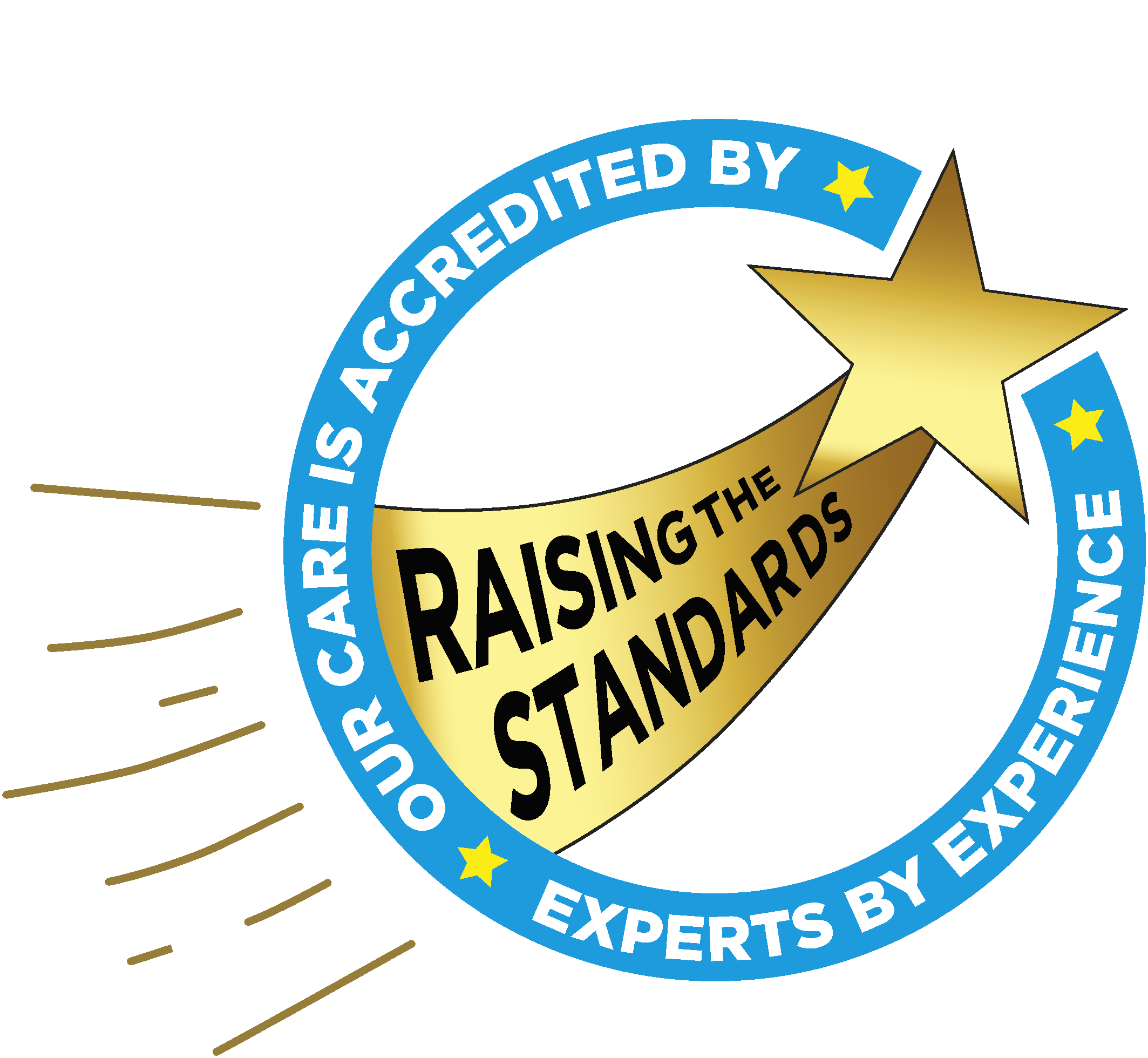Urgent Crisis Support
- If you feel in crisis and are unsure of how best to cope, you can call NHS 111, Option 2 in east London, Bedfordshire and Luton. This is a 24 hour / 7 day a week service that can be accessed in times of crisis.
- For more information on NHS mental health crisis support visit Where to get urgent help for a mental health crisis.
Further Information
DeanCross Videos
Testimonials & Awards
DeanCross has been recognised for its service and clinical excellence and is an award-winning service (including the Robert Dolan Leadership award in ELFT 2018, and winner of the Royal College of Psychiatry Psychiatric team of the year award 2019: Working-age Adults.)
“It was really helpful to be in a group setting and explore and relate to other patients without feeling judged.”
[I gained a] “proper treatment plan, which didn’t make me feel sick, damaged or bad”.
“The things I found most helpful was the accessibility, the work, the therapy, the therapists.”
“I really appreciate all the help I'm receiving. Thank you all very much!”
“Generally, my experience here has been very positive and helpful.”
“Thank you, Deancross has really helped me in many ways. Keep doing what you are doing.”
“(DeanCross) was the first time in my life that I have ever felt truly understood, both by staff and other service users.”
“This service has helped me regain my life and taught me many new ways of thinking that has been entrancing. I have improved a great deal since my initial assessment and this is undoubtedly down to the treatment I have received at DeanCross. I would recommend the service to anyone diagnosed with a personality disorder while the process is not easy if you can stay with it, it offers a genuine hope for improvement.”
“DeanCross has clearly become a big part of my life and the work I have done there has allowed me to improve a great deal. I will miss the support and the treatment and the supervised improvement I've experienced since April 2014… I am very grateful to have received treatment by people who genuinely seem to care who treat us as humans. Even when I'm being challenged I don't generally feel my thoughts or feelings are being dismissed nor am I made to feel small or irrelevant for having them.”
“DeanCross is very difficult. I learned a way of thinking that kept me safe and alive”
"We would like to offer you both, Amy and Nikolas, and your team, our heartfelt thanks for all your work with [service user name]. No words can explain how important it has been, not only to her, but to her family also”
“My time at DeanCross has been life-changing. It offers something unique. I found that other services discharged me or judged me for these behaviours (self-harm, not attending, getting angry) when these were the very reason that I needed help” [1]
“I am very happy with the service, with the therapy, with the help I have and will have.”


